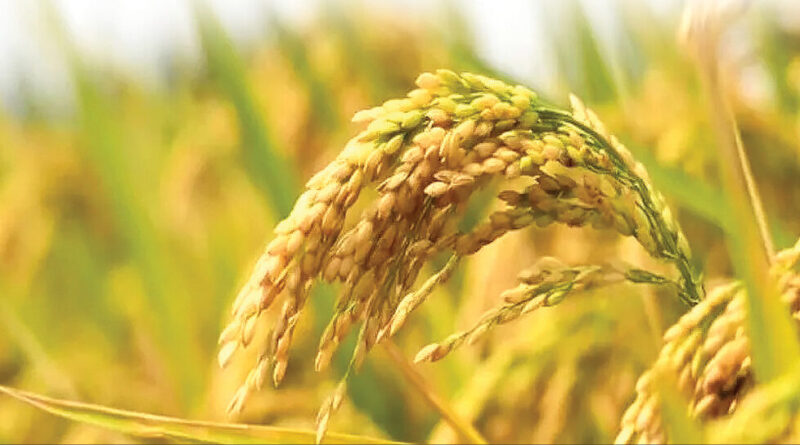PAU’s new wonder: 5-6 paddy, wheat crops a yr
Ever wondered what wheat breeders do in the midst of summer in North India, when there is no production of wheat crop or what kind of experiments paddy breeders indulge in during winter, when mercury hovers below 10°C and there is no production of rice?
To keep their breeding experiments afloat during adverse weather conditions, breeders resort to shuttle breeding. During summer in Punjab, wheat breeders move to cold areas of Lahaul and Spiti. Similarly, when winter prevails in North Indian plains, rice breeders move to warm research fields of Cuttack.However, even this strenuous exercise of shuttle breeding helps in generating no more than two crops per year In an initiative that will help agricultural scientists have multiple generations of various crops in a year — especially wheat and paddy — the Punjab Agricultural University, Ludhiana, has set up a facility wherein a scientist will be able to get five-six generations of wheat and four-five generations of paddy varieties in a year.
The facility — named AccelBreed — will artificially provide an ecosystem favourable to accelerated breeding for multiple crops, helping scientists conclude their experiments quicker, instead of waiting for years.
This will be the first-ever such facility in any state- or Centre-run university of the country. So far, this facility was available only in the Varanasi branch of Philippines-based International Rice and Research Institute (IRRI). “Given our ecosystem, we can grow wheat and paddy only once in a year. If our scientists follow the natural crop cycle, it takes them years to conduct experiments on existing crop varieties or to develop new varieties. In a speed breeder facility, we shorten the crop’s maturity period. Experiments, which otherwise would take five-six years to conclude, can be concluded in one-two years using this facility”, said Prof Praveen Kaur Chhuneja, director of PAU’s School of Agricultural Biotechnology.
She added, “Speed breeding can shorten the generation time of crop plants, allowing crop scientists to take five-six generations per year by manipulating light spectra, temperature, humidity, and CO2 concentration. This will help scientists develop new crop varieties with better yield and quality traits in a shorter period. Breeders can harvest crop seeds in a matter of just five-six weeks.”
Around 40,000 plants of various crops can be artificially bred in one go in the speed breeder, named Accelbreeder by PAU. Accelbreeder has eight chambers for crop breeding — four small, three medium and one large.
The facility has been developed using a Rs 5-crore grant provided by the Centre’s department of biotechnology. PAU had submitted the proposal for the project in 2019, which was eventually approved in March 2022. “Since we will depute our own staff for the centre, recurring cost will be only in the form of expenditure on electricity bills,” added Prof Chhuneja.
This article has been republished from The Times of India.

